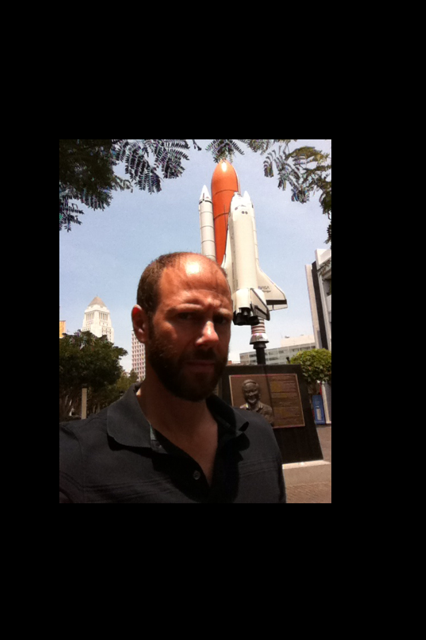Russell Brand's recent calls for revolutionary change (in his BBC interview and in his article in the New Statesman) have raised a considerable degree of discussion and controversy. Predictably enough, those on the right have reacted by generally dismissing the message. Not only do they characterize its substance as unrealistic, they question the capacity of the messenger; that this is an ad hominem is neither discussed nor, apparently, comprehended. Although largely agreeing with the message, those on the left tend to either uncritically root for the messenger, or fall into arguments over leaders and structure and organization, not to mention what the parameters of an international revolutionary subject would encompass. This is not to say that these general tendencies of the left and right are rigid or not fluid. Plenty on the radical left are criticizing Brand. Among other things, his objectification of "beautiful women" is - as Musa Okwonga, among others, have pointed out - patently sexist. (That the name New Statesman is patently sexist as well is, as far as I know, not under discussion.)
In the end, however, Brand's character flaws have little to do with the validity of his arguments. Though they may mitigate his persuasive "power" - and point to weaknesses in his thinking - they in no way diminish the need for the elimination of, among other injustices, global pollution, poverty, inequality, and the other systemically produced conditions Brand argues should be eliminated. His character flaws, however, are relevant to the extent that they cast light on the claims of proponents of "leaderless" social movements. For in invoking Brand's flaws, some proponents of leaderlessness - like Natasha Lennard (who, ironically, has over 7,000 Twitter "followers") - undermine their own positions. Writing in Salon, Lennard asks that "we temper our celebrations of [Brand] according to his very pronounced flaws." Yet the argument against celebrating and raising people to the status of leaders has little, if anything, to do with a person's "pronounced flaws." Even flawless people should not be leaders. According to the anti-leader argument not even gods, those flawless beings, should be leaders. "No gods, no masters", right?
Among the more problematic aspects of the Political Leader Question is the fact that the term "leader" is particularly ambiguous. Does it mean 'one who gives commands' (i.e., a dictator)? Or is it limited to the sense of "spokesperson" (which means dictat er in a more benign, but still problematic, sense)? Or does it simply mean one who "leads by example"? Or one who influences by charm and guile? Or does it mean "organizer"? For their part, pro-leader people don't seem to see how one could even have a political movement without leaders. Meanwhile, anti-leader people seem incapable of recognizing the clandestine leaders influencing strategies, priorities, agendas, etc., within their own ranks. Neither side seems to discuss what Jean Baudrillard, in his essay The Masses: The Implosion of the Social in the Media, described as "the modern enigma of politics": the 16th century thinker Etienne de la Boetie's insight that political leaders derive their power less from taking it from those they rule than by the subjected population's own renunciation of their own power.
To be continued.





